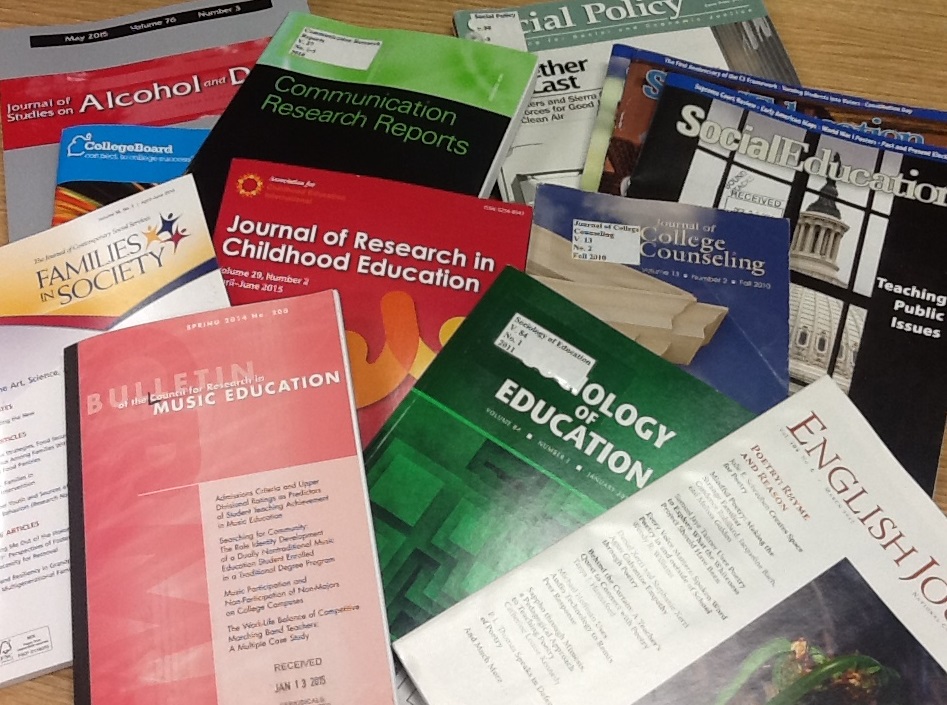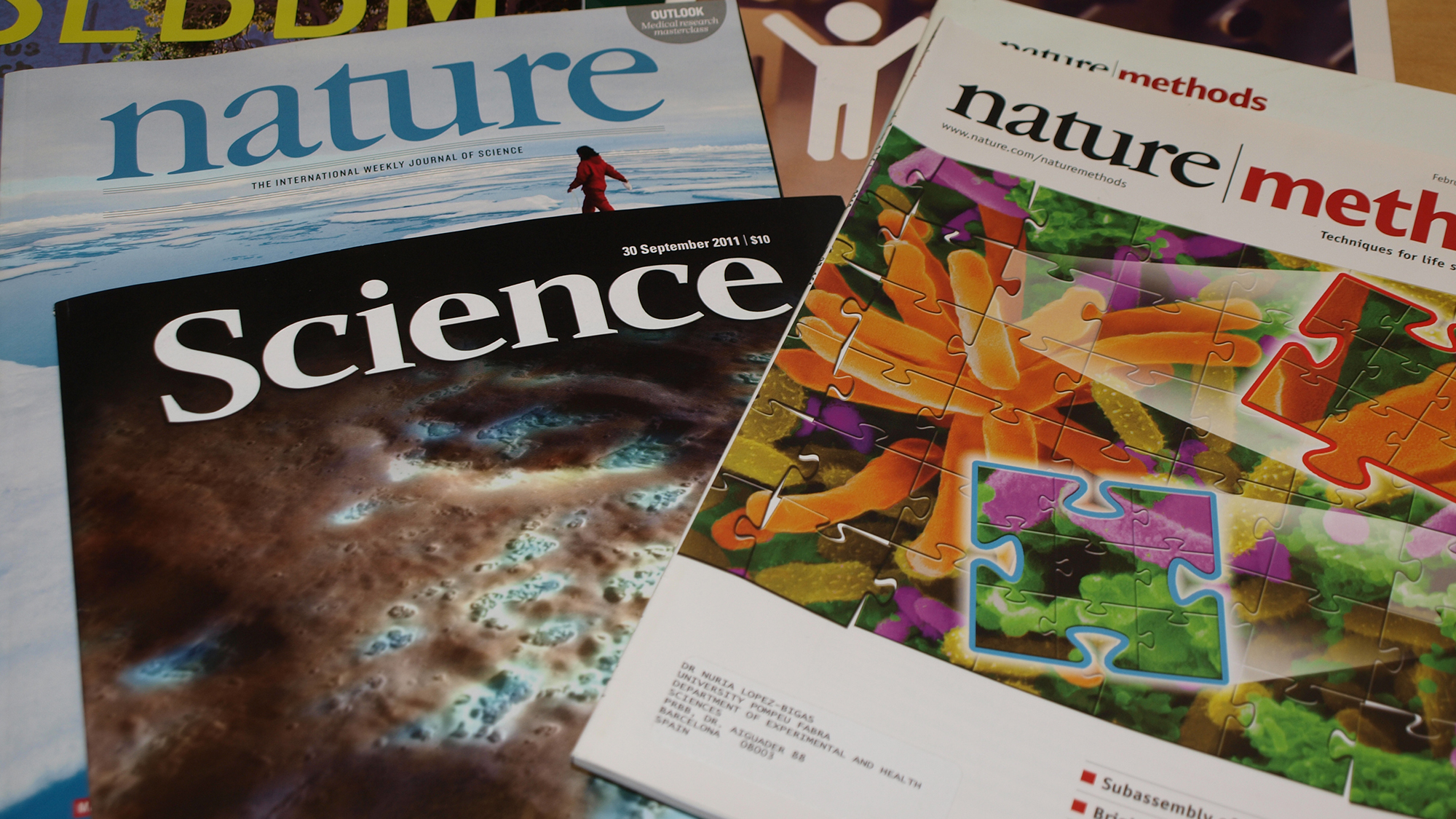Academic journals serve as a cornerstone in the world of scholarly research. They are the primary medium through which researchers in various fields, including the physical sciences, social sciences, humanities, and more, share their findings. The essence of these journals lies in their role as repositories of knowledge, offering a wealth of data and insights into specific topics. The history of academic journals reflects a longstanding tradition of scholarly publishing, marking significant milestones in the advancement of various subjects. The structure of academic journals varies, but they typically include peer-reviewed articles that have undergone rigorous evaluation by other experts in the field. This peer review process is a critical aspect of scholarly publishing, ensuring the credibility and quality of published research. Academic journals often cater to specific fields, allowing researchers and scholars to stay updated with the latest developments and ongoing debates within their areas of expertise.

Exploring Journal Articles: Key Features and Types
Journal articles are the building blocks of academic journals. These articles come in different types, including original research articles, review articles, case studies, and more. Each type serves a distinct purpose: while original research articles present new data and findings, review articles provide a comprehensive analysis of existing research on specific topics, summarizing trends and developments. A key feature of journal articles is their emphasis on methodology, data analysis, and evidence-based conclusions. Researchers and scholars rely on these articles to gain insights into various topics, from the minute details of molecular biology to the broad patterns of human history. The vast majority of these articles are meticulously referenced, providing a roadmap for further exploration and study.
When searching for a top-tier term paper writing service EssayPro, look for one renowned for outstanding quality, dependability, and strict compliance with academic norms. This service should provide tailor-made support, guarantee originality, timely completion, uphold privacy, and offer professional advice across a range of topics.
Scholarly Articles: Their Role and Impact in Research
Scholarly articles are essential components of the academic ecosystem, serving as primary conduits for the dissemination of new research and insights. They are fundamental in fostering intellectual growth, enabling scholars to share their findings, critique existing knowledge, and propose novel hypotheses. The publication of articles often marks significant milestones in research, as they undergo rigorous peer review processes that ensure the validity and reliability of their content.
In addition to their role in academia, articles have a profound impact on broader society. They inform public policy, guide clinical practices in healthcare, influence technological innovation, and shape educational curricula. This wide-ranging influence underscores the importance of accessibility and integrity in scholarly publishing with a help of masters dissertation writing services. Researchers rely on these articles to stay abreast of developments in their fields, challenging and refining their own work in response to new information and perspectives.
Furthermore, articles contribute to the preservation of knowledge. They create a documented history of scientific and intellectual progress, which future researchers can reference and build upon. This archival function is crucial for the ongoing advancement of various disciplines. By recording detailed methodologies, results, and analyses, scholarly articles provide a foundation for reproducibility and further exploration, ensuring that valuable insights are not lost to time but instead become stepping stones for future discovery and understanding.

The Process of Publishing in Scholarly Publications
The journey of publishing in publications is both rigorous and rewarding. It begins with the submission of a manuscript, followed by the peer review process, where peer reviewers critically evaluate the work. This process ensures that only high-quality, scientifically sound research is published.
Scholars and researchers often target specific journals for their submissions, considering factors such as the journal’s focus, reputation, and impact factor. The editors of these publications play a crucial role in the selection and editing of articles, guiding authors through revisions and ensuring the clarity and coherence of the published work. Using a WritePaper promo code for services related to Academic Journals can offer significant benefits to students and researchers. This discount makes accessing professional writing assistance more affordable, enabling clients to publish or contribute to academic journals. Whether it’s crafting articles, research papers, or literature reviews, the promo code facilitates a higher level of scholarly work by providing access to expert advice and writing support tailored to the stringent requirements of academic publishing.

Navigating Journal Access and Reading Strategies
Access to academic journals is a critical aspect of engaging with scholarly research. While many journals are available through university libraries and research institutions, the rise of open access journals has democratized access to research. Open access publications make articles freely available online, enabling wider dissemination and engagement with scholarly work.
Navigating these resources requires skill and strategy. Researchers must be adept at identifying relevant journals and articles, using tools like PubMed Central, other databases, and indexing services. Effective reading strategies involve skimming for key points, critical evaluation of methodology and conclusions, and integrating insights into one’s own research context.
Review Articles: Analyzing and Summarizing Research Trends
Review articles hold a unique and significant position within the realm of academic publications, distinct from original research articles. While the latter introduces novel data and findings, review articles serve a different purpose: they critically analyze and succinctly summarize the existing body of research on a specific topic. This involves weaving together various strands of research to present a comprehensive overview. Such articles are crucial in identifying prevailing trends, ongoing debates, and noticeable gaps within the literature.
For newcomers to a particular field, articles are particularly valuable. They act as a consolidated repository of knowledge, offering a broad yet detailed snapshot of the state of research. This not only aids in quickly bringing them up to speed but also serves as a springboard for diving into more in-depth inquiry. For experienced researchers and academics, these articles provide an opportunity to step back and consider the broader progress and trajectory of their field. This reflective exercise is not merely academic, it often leads to the generation of fresh research questions, methods, and potential collaborations. In essence, review articles are a nexus where synthesis of past work meets the genesis of future research endeavors.

The Future of Academic Journals in the Digital Era
The digital era has transformed the landscape of academic journals. Online platforms have expanded the reach and accessibility of journals, allowing researchers around the world to publish and access scholarly work more easily. This shift has also given rise to new challenges and opportunities, such as the need for digital archiving, the potential for wider collaboration, and the ongoing debate around open access and publishing models. As we look to the future, academic journals will continue to evolve, incorporating new technologies and adapting to the changing needs of the scholarly community. However, their core mission remains unchanged: to advance knowledge, foster academic discourse, and contribute to the ongoing pursuit of understanding in an ever-changing world.